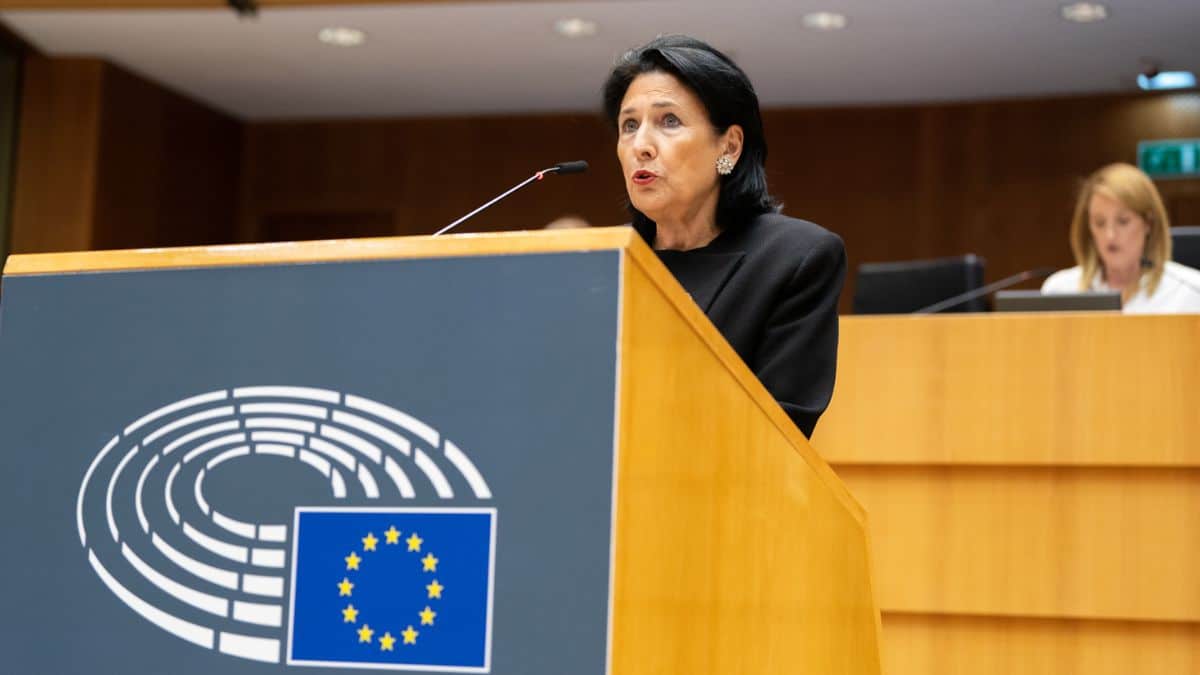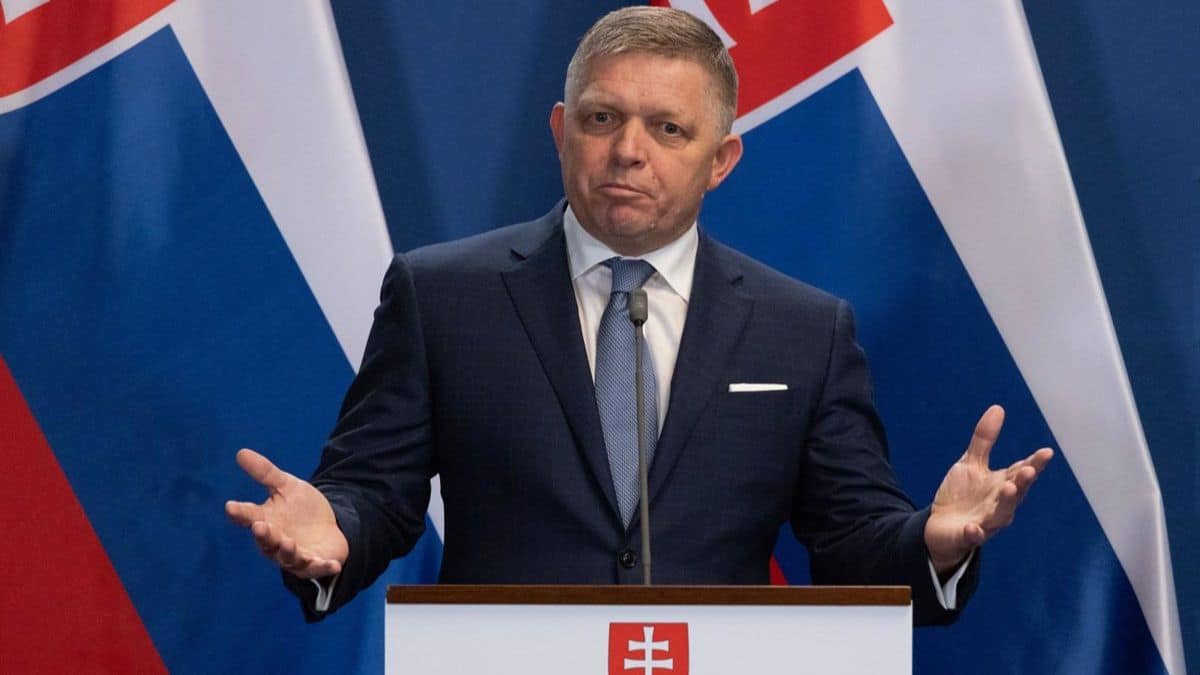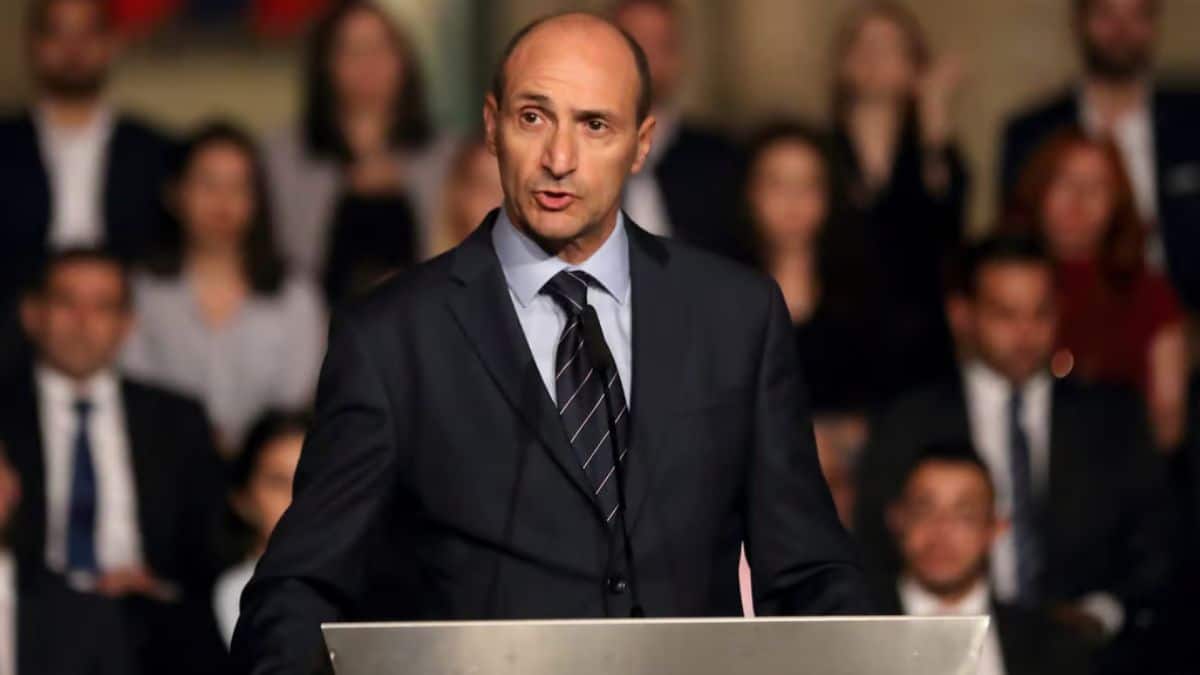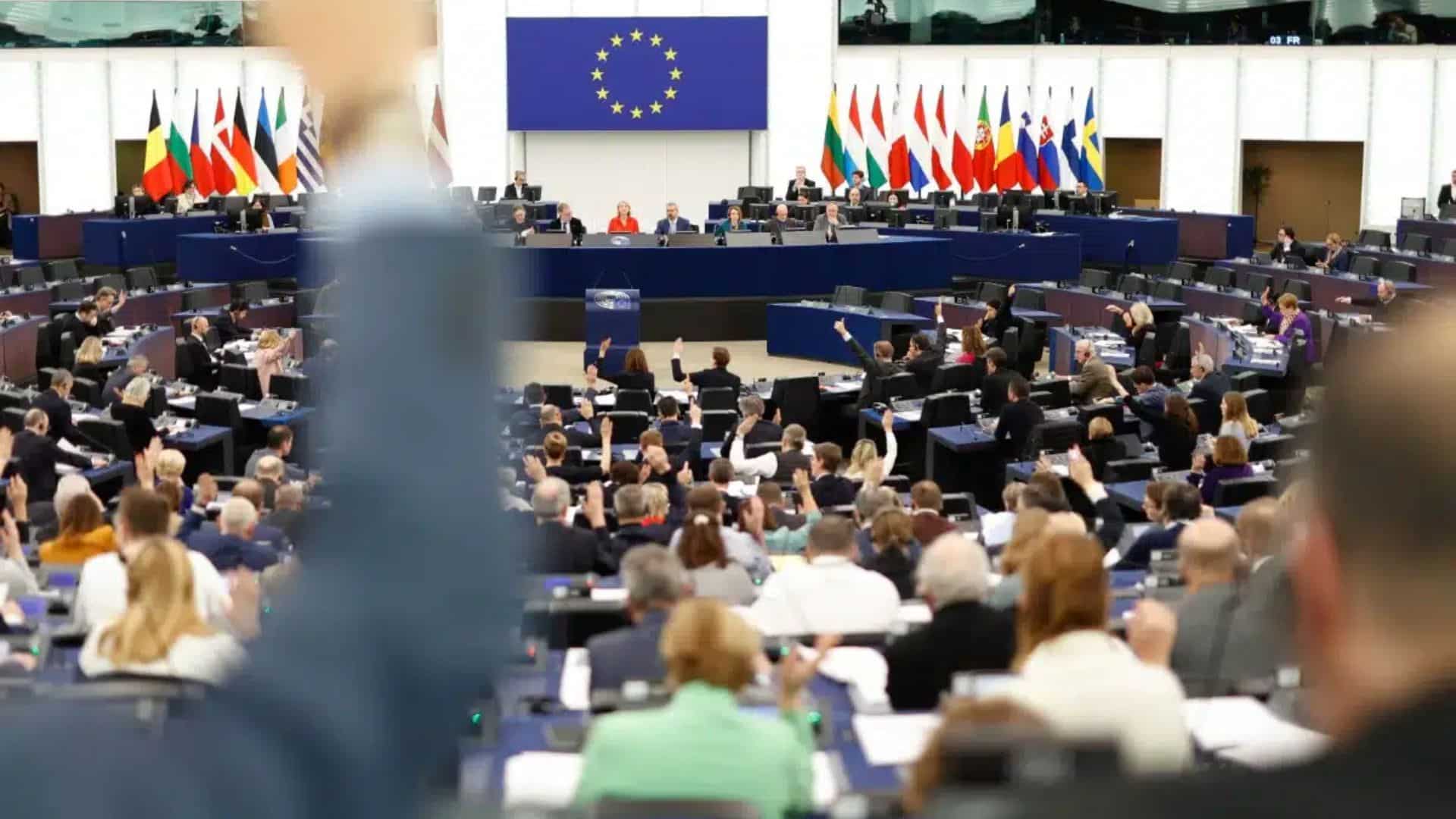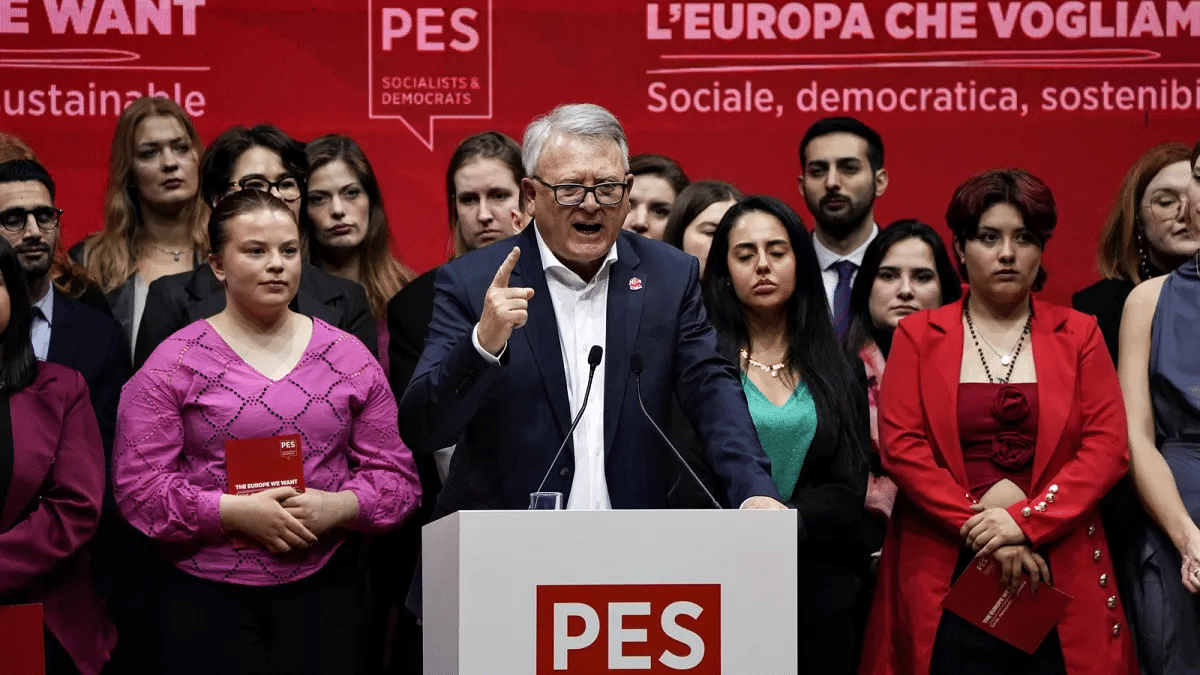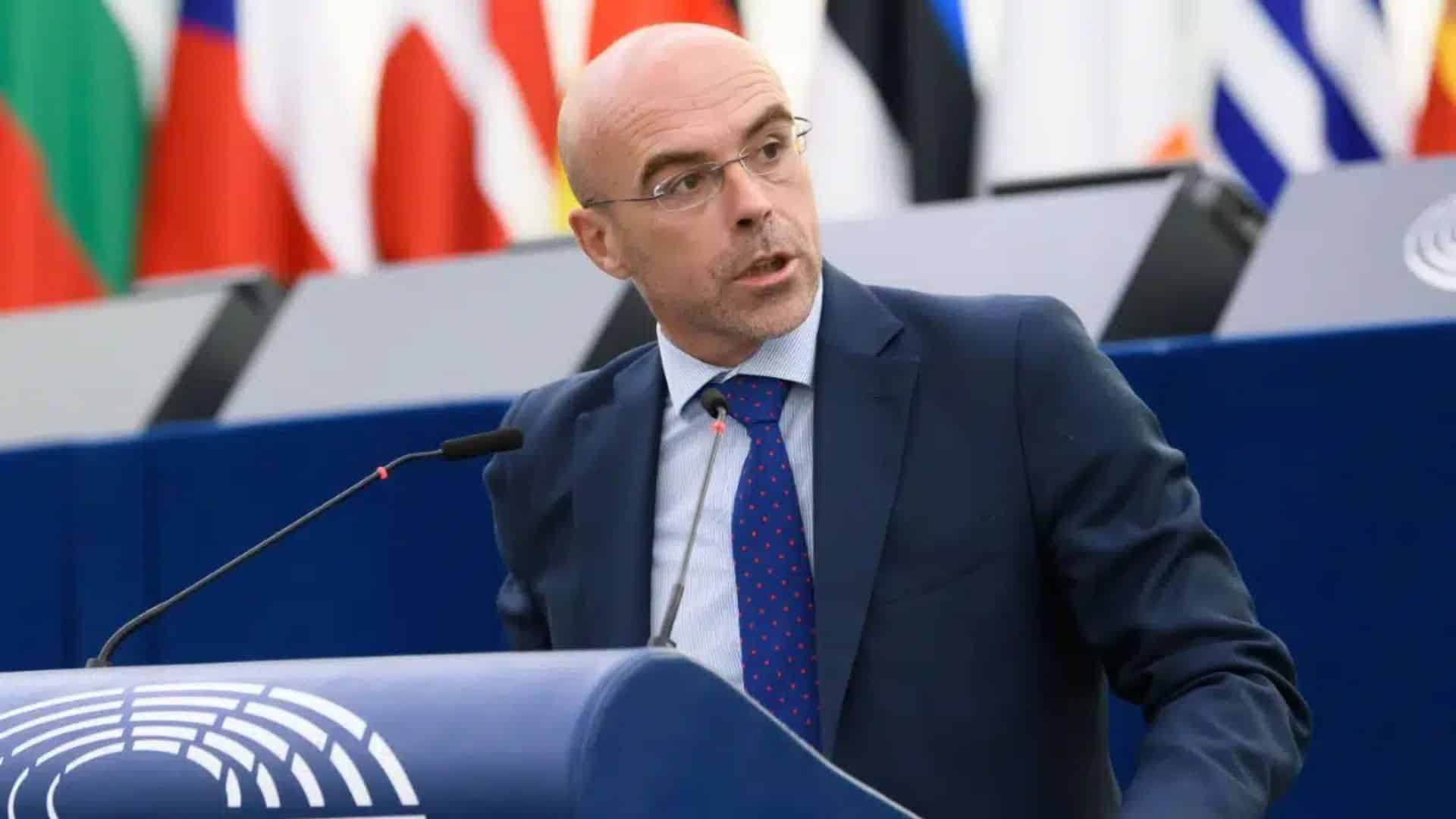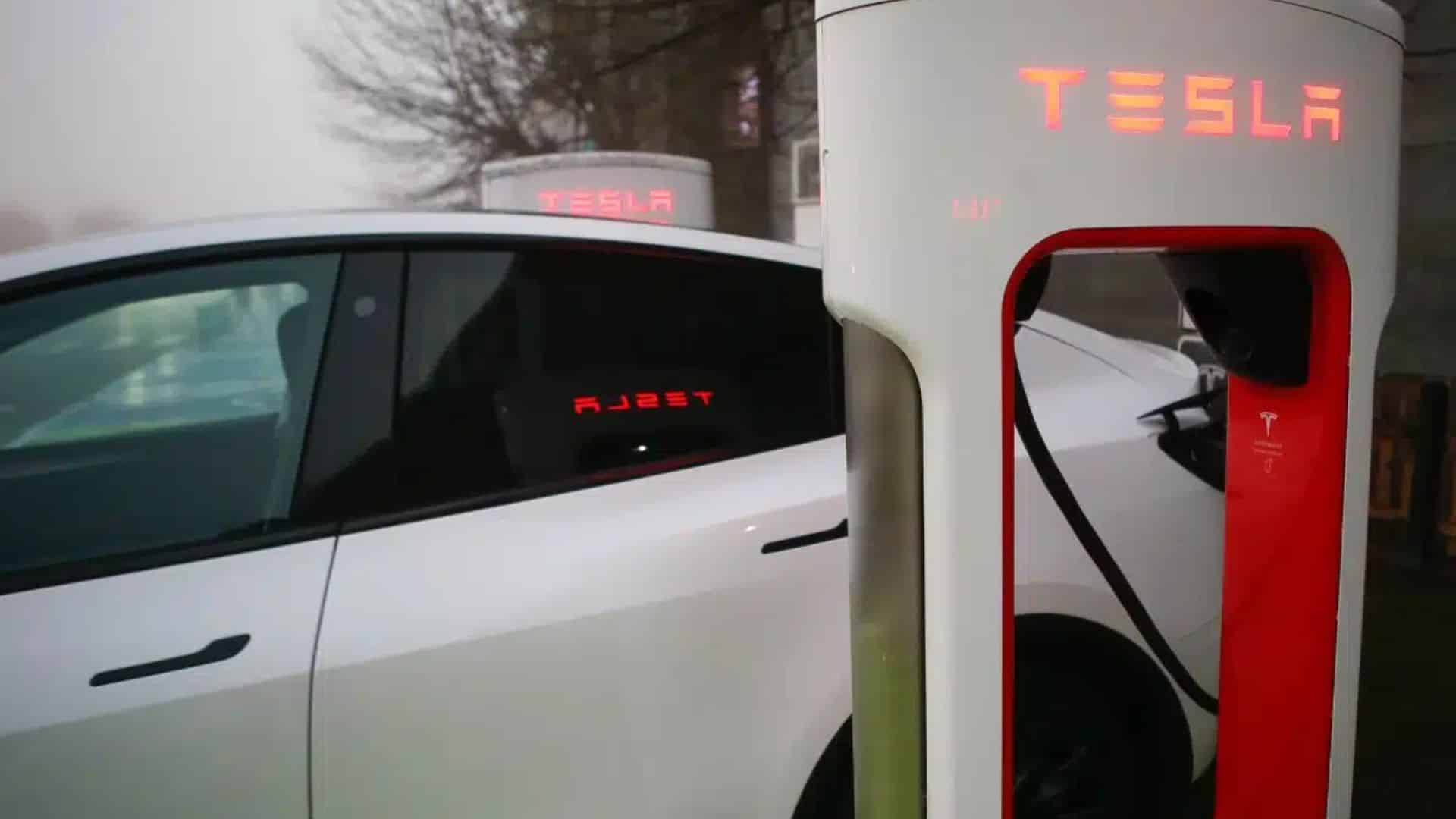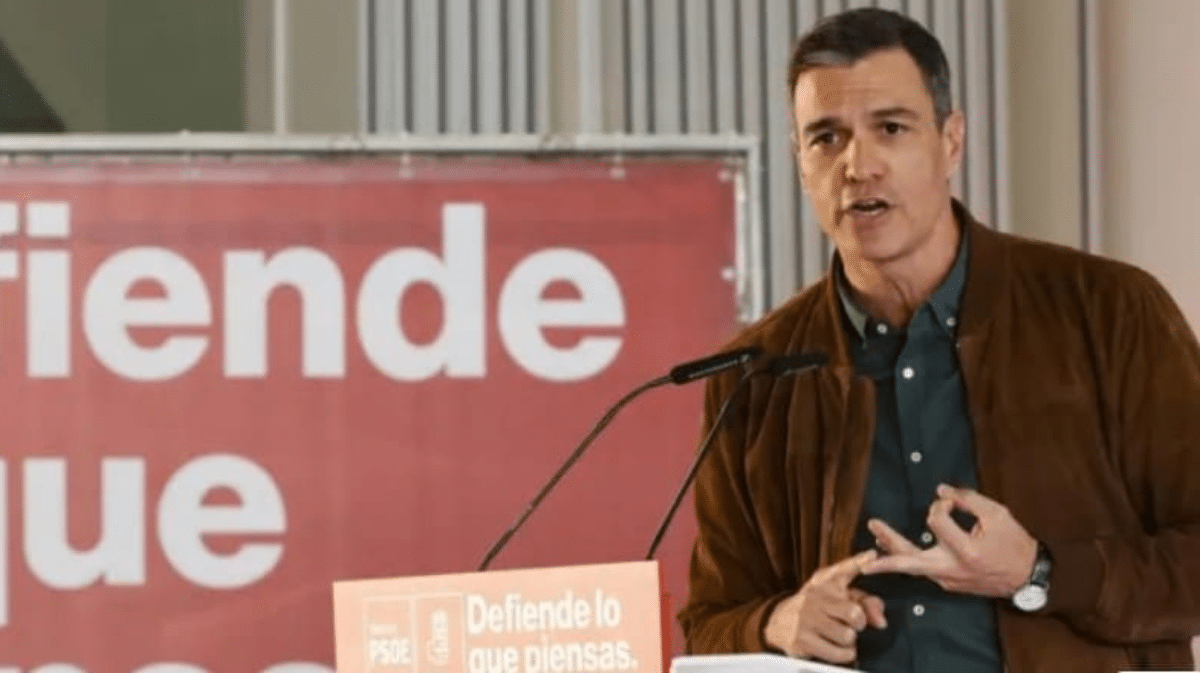
Of the 50,000 homes announced for rent by Sánchez, 15,000 are unbuilt and 14,000 are already inhabited.
He has been governing for almost five years now, since June 2018, and only when the polls predict an adverse electoral result has Pedro Sánchez reacted on the issue of housing, with only 3% of the public housing stock in Spain being rented. He has had no qualms, as on other issues, that minority groups opposed to Spain, mark the policy to the rest of Spaniards, as has been the case of the approval of the Housing Law under the demands of the separatists of ERC and the pro-terrorists of EH Bildu.
Now the President of the Government and leader of the PSOE, Pedro Sánchez, says that the Council of Ministers is going to approve next Tuesday the mobilisation of up to 50,000 homes from the Sociedad de Gestión de Activos Procedentes de la Reestructuración Bancaria (Sareb) for affordable rent and has promised to increase public housing in Spain from 3% to 20%. Now, the plan has no date, and of these 50,000 homes, 15,000 are newly built on Sareb land, and 14,000 are already inhabited, making a total of 29,000 of the 50,000 announced.
The housing that Sareb, whose 50.14% of the capital belongs to the State after recent purchases from minority shareholders through the Frob and the rest is in private hands, in banks such as Santander or Caixabank, currently has 46,542 units, plus another 14,202 pending construction, although it is not known when they will be finished or if they will be completed, because they are property developments that failed more than 10 years ago and many of them are at a standstill, abandoned or illegally squatted. And squatters are not to be touched in Spain: they have more rights than the owners.
At the closing of the party’s municipal conference in Valencia, in which the socialists have laid the groundwork for the May elections, Sánchez assured that the government will go further, after moving forward with the first state housing law, with a plan of measures to be approved next week.
The Council of Ministers will approve making 21,000 homes available to municipalities and autonomous communities; to promote social renting with the 14,000 homes already inhabited in this stock and to promote the construction of up to 15,000 public housing units on land available from Sareb, according to government sources.
Sánchez has described the new housing law as a “great milestone”, which is an “achievement”, he said, not only of the progressive coalition government – the far left of Unidas Podemos, the separatists of ERC and the pro-ETA party of EH Bildu – but also of the people, because there are many parents who are experiencing the “real problem” of access to housing, especially among young people. This access for young people is not only made difficult by the price of housing, but also by a youth unemployment rate in Spain of around 30%, the highest in the whole of the European Union, as is the case with the general unemployment rate of almost 13%, which is double the EU average.
“It is a big problem because housing in Spain is a constitutional right, but not a real right, which means that our young people are unacceptably old to have access to housing and become independent”, said the president, before pointing out that this situation segregates society into neighbourhoods.
He explained that there are studies that indicate that 70% of inequality in a country is the result of the difficulty of access to decent housing, and he gave some data that “eloquently” reflect the “drama that problems in this area represent for families”. The greatest inequality is generated by unemployment and the supply of jobs.
In the European Union of 27, Spain is the fourth country in which it is necessary to make a greater financial effort to pay rent, a market in which the evolution of the average price per square metre has increased by 45% from 2014 to 2021, a percentage that reaches 11% in the case of homeownership.
Sánchez has also indicated that Spain is the third country in the EU with the most empty homes and has only 3% of public housing, compared to a European average of 9% and with countries that reach 20%. It has taken Pedro Sánchez five years to reach this conclusion in order to take measures in the face of Spain’s bleak housing situation.
A percentage that he is committed to reaching and that will also serve to better control the evolution of prices. That is what I want,” he said, “for my country, because it guarantees greater accessibility, especially for young people, to housing and will lower the age of emancipation.
Sánchez also criticised the PP’s housing policy, a “resounding failure” based on converting “a right into a commodity” with a “total failure”.
First, the ‘old neoliberal mantra of liberalising land’, which ‘fuelled the real estate bubble’ and speculation ‘in addition to the envelopes that involved corruption’ – he does not remember, however, the thousands of public housing units that could have been built with the nearly 1 billion euros swindled in the bogus EREs by PSOE officials in the Junta de Andalucía. 1 billion euros swindled in the fake EREs by PSOE officials in the Junta de Andalucía; Second, the tax rebates that “only benefited the promoters”, although, in reality, many mortgagors were the ones who made a profit, and third, the “privatisation of public housing to vulture funds”, he concluded, although in January he felt very comfortable talking in Davos, Switzerland, with the heads of two of the world’s largest investment funds, BlackRock and Mubadala, whom he tried to convince to invest in Spain. But, of course, that was Davos, the globalisation fund run by George Soros, one of the world’s biggest speculators and Sánchez’s friend and adviser.

